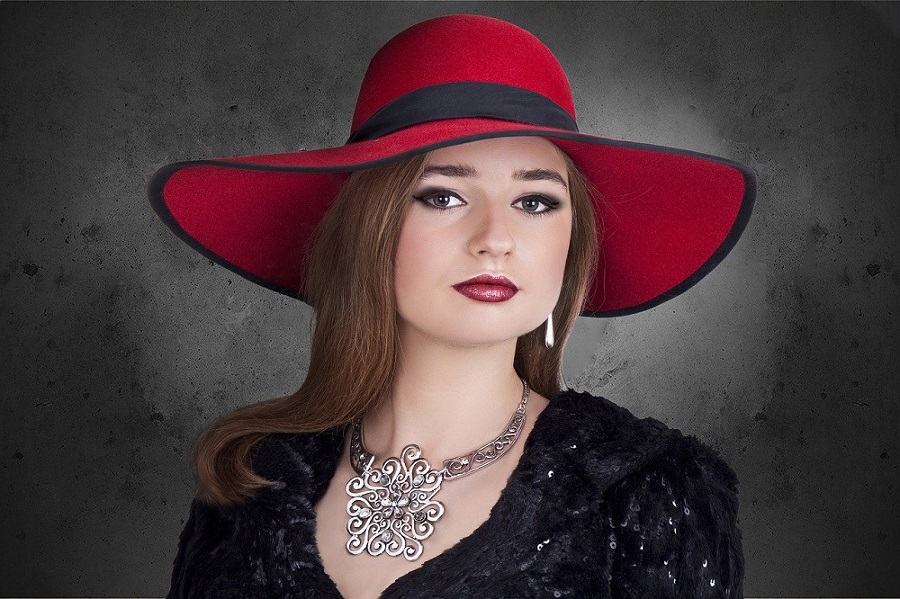Things to Look Out for During a Jewellery Valuation
Jewellery is not manufactured equally. While some of them might be worth thousands of pounds, others can be a few bucks. And the same goes for antique jewellery.
While getting your probate jewellery valuation or jewellery valuation for insurance, there are a few unspecified details people often miss out on. Not all of us are experts. So how to get your jewellery valued correctly?
Jewellery valuers have some criteria to determine the value of a piece. But to do your part correctly, here are some things to look out for before going to a jewellery appraiser.
Conflict of interest
Many retail stores offer in-house valuation services. While this seems like a great advantage as it makes sense that there is already jewellery experts as valuers. However, issues arise when the companies use this as leverage.
Many societies have banned this practice, but some stores offer irresistible discounts on jewellery (especially engagement rings) at 20 to 50% below the valuation range.
The best way to avoid this dubious situation is by doing proper research about a company before going for jewellery valuations. Don’t just rely on in-house valuations. There are many independent companies like Prestige Valuations that can provide fair and objective jewellery claim online.

The company must be recognised by insurance agencies
Given that insurance claims are extremely rigid about their regulations and policies, a little mishap can cost you thousands of pounds. Lack of regulation means anyone can set themselves as a jewellery valuer with no qualification and start a business.
Insurance companies don’t support such practices and neither do they accept valuation from just anybody. They are becoming increasingly firm about accepting reports only from certified gemmologists and valuers.
The situation is pretty similar for probate jewellery valuation where strict criteria are maintained regarding the valuation report and certificate.
Questions to ask during valuation for insurance
Before getting started with the valuation process, you need to understand the insurance policies and what it covers. Asking the right kind of questions makes the process easier and transparent.

What cases are covered in the policy?
Some jewellery claims only cover theft or burglary. Some of them cover accidental loss and theft. Ensure that you are fully informed about the circumstances that cover your policy.
What’s the replacement policy?
Many agencies have a replacement policy that includes giving the compensation of the piece at the time of purchase. Some of them compensate by giving the current value. Ask your agent to explain the process and criteria they follow.
Does your policy cover jewellery repair charges or partial loss?
Sometimes antique jewellery gets broken and needs a hefty amount to be repaired. There are insurance policies to cover repairing charges as well.
Partial loss is when a precious piece of jewellery gets lost. For instance, if the solitaire in the centre of the jewellery is missing. What happens then?
What do you need to make the claim?
Jewellery claim can take a lot of work. Many times, some confusions arise during the process due to a missing document or an old picture.
To avoid such unwanted situations, ask what documents are exactly required to make the claim. Do they need a full valuation report? Do they need pictures, receipts, or hallmark certificates?
A few parting words…
In many ways, jewellery valuation is a smart idea. It covers the value of the piece in case of damage, loss or burglary. Jewellery valuation helps to:
- Protect family heirloom pieces, antiques and customised pieces.
- Minimises the loss during an unfortunate accident
- Gives reassurance and peace of mind
- Give documentation of the real value of the jewellery




